Category: Early Christianity
According to ‘The Legendary Lore Of The Holy Wells Of England’ by Robert Charles Hope (1893). ‘On the spot where St. Sidwella is reputed to have been martyred is the well dedicated in her honour; it is situated on the left-hand of the Exeter side of the tunnel leaving the city, at a place called Lion’s Holt.
Located in the village of Llanaelhaearn, the church is named after Aelhaearn, a disciple of Saint Beuno who travelled to the area in the 5th and 6th Centuries. In Wales this period was known as the ‘Age of Saints’ but in England, as ‘The Dark Ages’.
This well can be found on the outskirts of the village of Llanaelhaearn, on the left hand side of the road as you ascend the (B4417) out of the village. It is enclosed in a locked stone structure which was constructed in 1900, and it is in front of a house called Bryn Iddon.
Ffynnon Fair is a holy well situated outside the village of Llwyn-y-pia. The well is the oldest recorded Christian site in the Rhondda. Some historians date the site back further, and it could be pagan in origin. The water from the well is reputed to cure ailments, especially rheumatism and poor eyesight. Rhisiart ap Rhys wrote:
All the following details were made available on the information board inside the burial ground situated above St Augustine’s Well;
I have visited Glastonbury many times over the last few decades, but only got around to visiting the Holy Thron on Wearyall Hill for the first time in September 2011. Unfortunately it was in a poor state after being vandalised the previous December and then apparently further damaged by souvenir hunters.
Some wells in Britain are associated with the beheading of their patron saint, examples of which include the case of St Winifred, St Fremund, St Juthware and St Osyth.
According to tradition, whilst St Patrick was converting the Irish pagans to Christianity in the 5th century, he had a vision whilst in a cave on Saints Island, just off the shore of Lough Derg.
The church of St Mary’s on Church Hill in Barnetby-le-Wold dates from Saxon times though the current building is rebuilt during the Norman era. The church was actually declared redundant and closed in 1972 soo you cannot visit it without making special arrangements. One special item of note regarding St Mary’s was its lead font which dated from the early 12th century.
St Alkeda was a chaste Saxon maiden, sometimes described as a princess, noble woman or a nun. On 28th March 800AD, somewhere close to the site of St Mary’s and St Alkelda’s Church, she was strangled to death for her faith by two Danish women involved in a Viking raid. It has been suggested that they killed her by twisting a napkin around her neck.


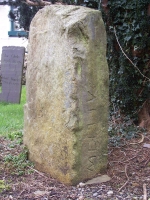
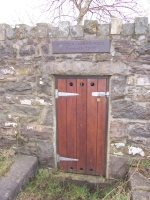
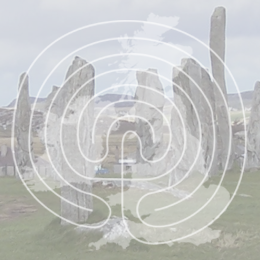
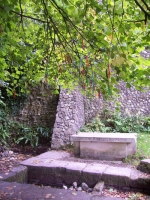
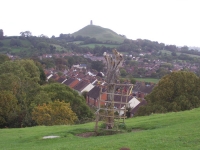

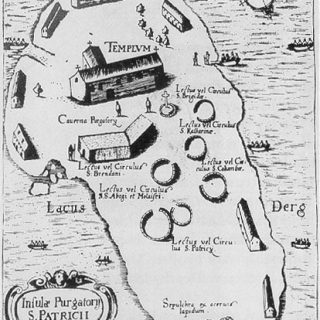
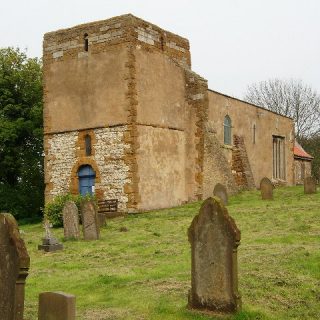

Recent Comments